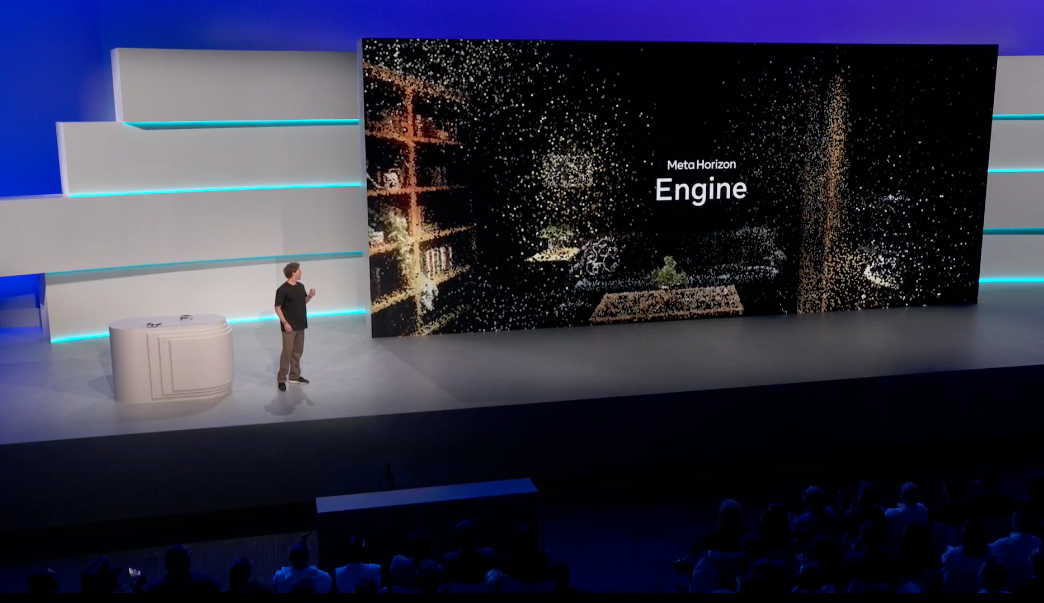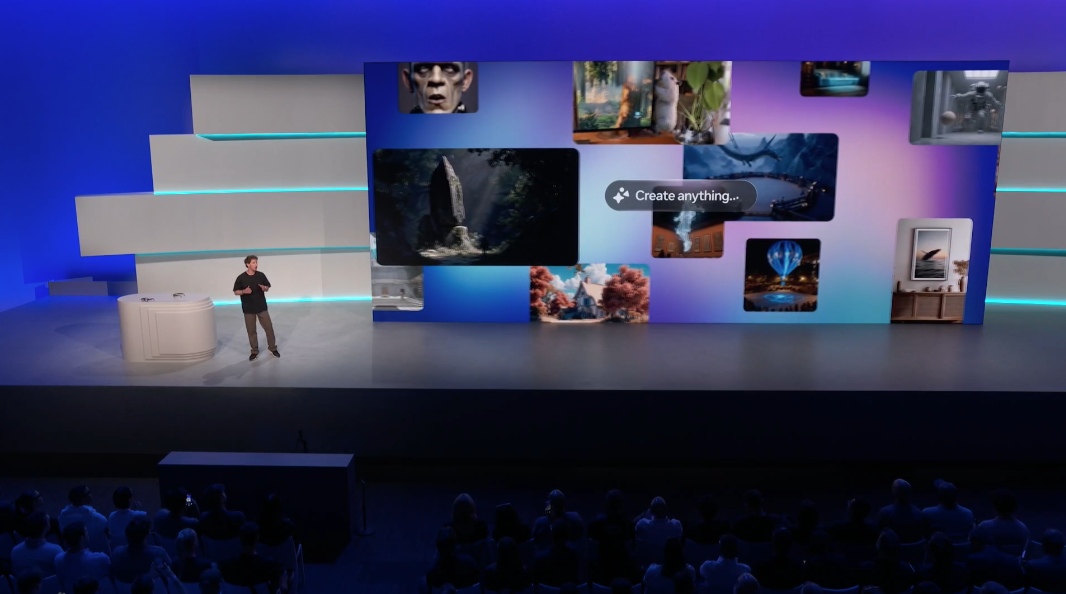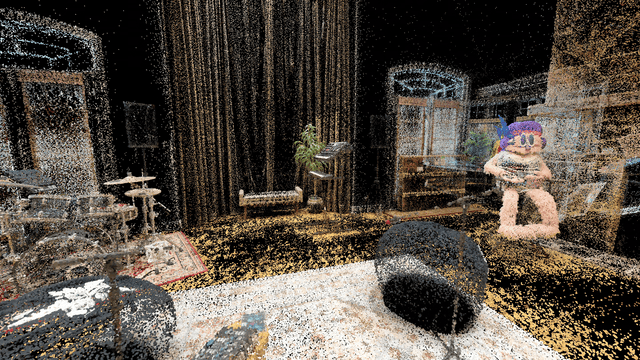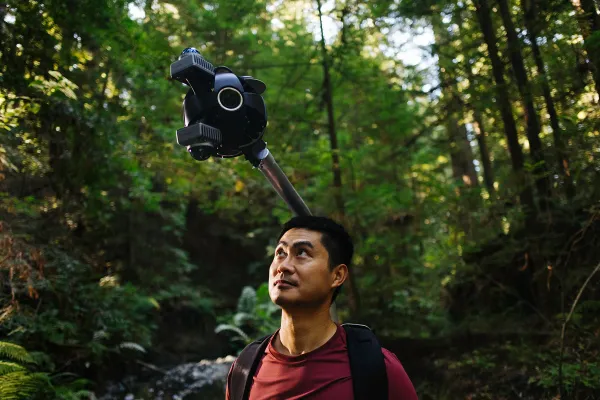New Meta Tools Aim to Simplify 3D Content Creation in VR

- Meta introduced new immersive content tools at Connect 2025, including AI-powered systems for building 3D worlds.
- Horizon Studio and Horizon Engine aim to simplify VR content creation, with Hyperscape enabling photorealistic scans via Quest headsets.
At Connect 2025, Meta doubled down on its vision for AI-powered worldbuilding in VR. The company highlighted a stack of tools, including an AI-driven editor, a new game engine, and a capture tool, aimed at making immersive creation as simple as describing a scene or scanning a space.

Meta Horizon Studio, a new editor and hub for creators, has expanded over the past year with generative tools that let creators generate meshes, skyboxes, TypeScript, audio, and textures from simple text prompts. Later this year, Meta will add agentic AI, an assistant that connects these tools automatically to speed up the build process.
Horizon Engine, Meta’s in-house game engine, moves the company away from Unity. The engine was used to power the redesigned Immersive Home for Meta Quest, where users can now pin apps and jump between linked worlds as easily as websites. Horizon Engine powers better graphics, faster performance, and greater concurrency. Meta says the Horizon Engine loads new environments four times faster and can handle five times more concurrent users (now over 100 in a single space) compared to the previous engine.
Meta also announced that Hyperscape is now available in early access. Built with Gaussian splatting, cloud rendering, and streaming, it allows Meta Quest 3 and 3S users to scan real-world rooms using the headset and turn them into photorealistic VR environments in just a few minutes. Meta says these photorealistic spaces will eventually be able to be incorporated in worlds.

🌀 Tom’s Take:
Meta has been steadily working to lower the barrier to 3D content creation, a necessary step for VR to succeed. These announcements move them closer to their vision of speaking virtual things into existence.
Disclosure: Tom Emrich has previously worked with or holds interests in companies mentioned. His commentary is based solely on public information and reflects his personal views.
Source: Meta




